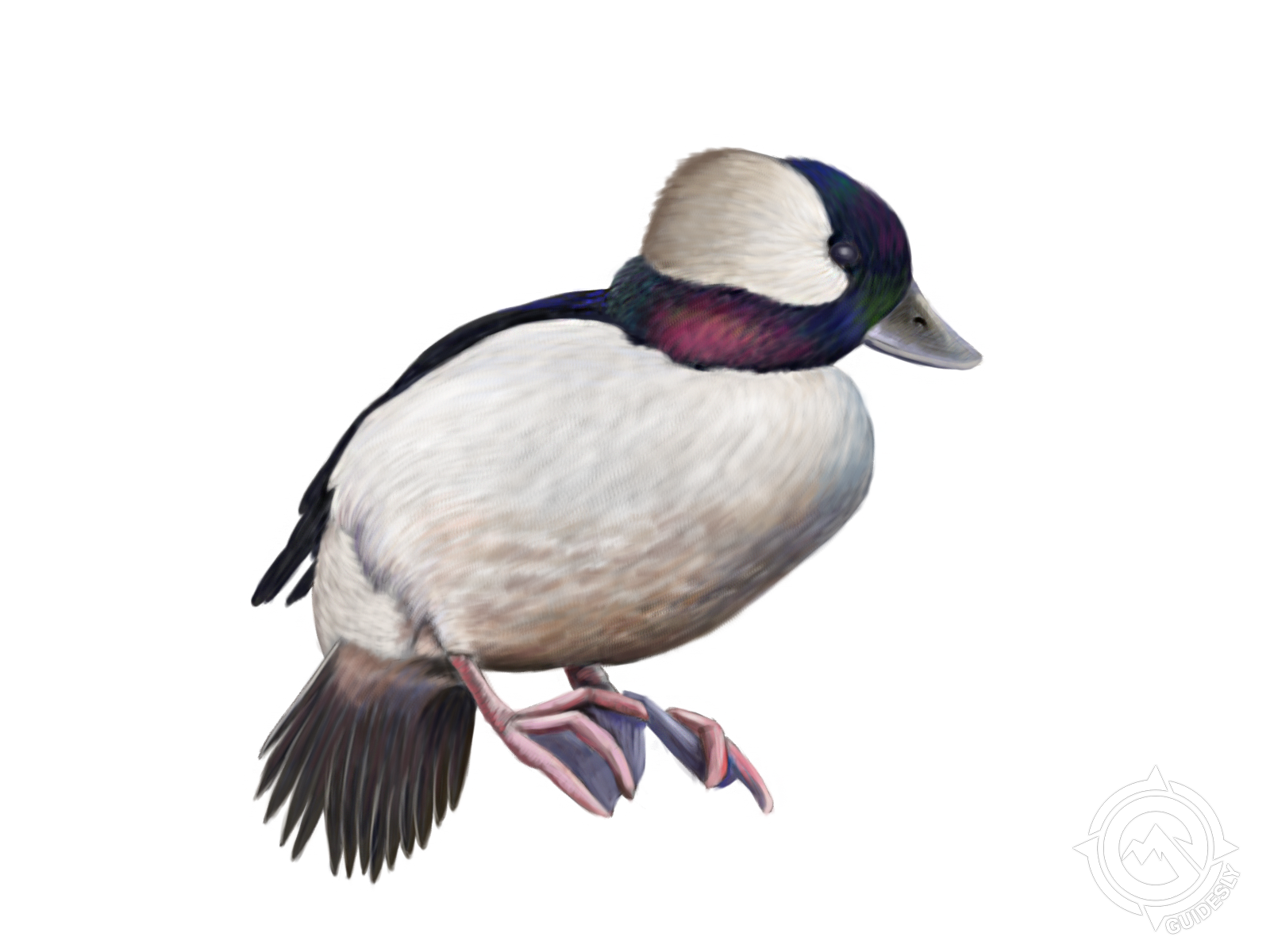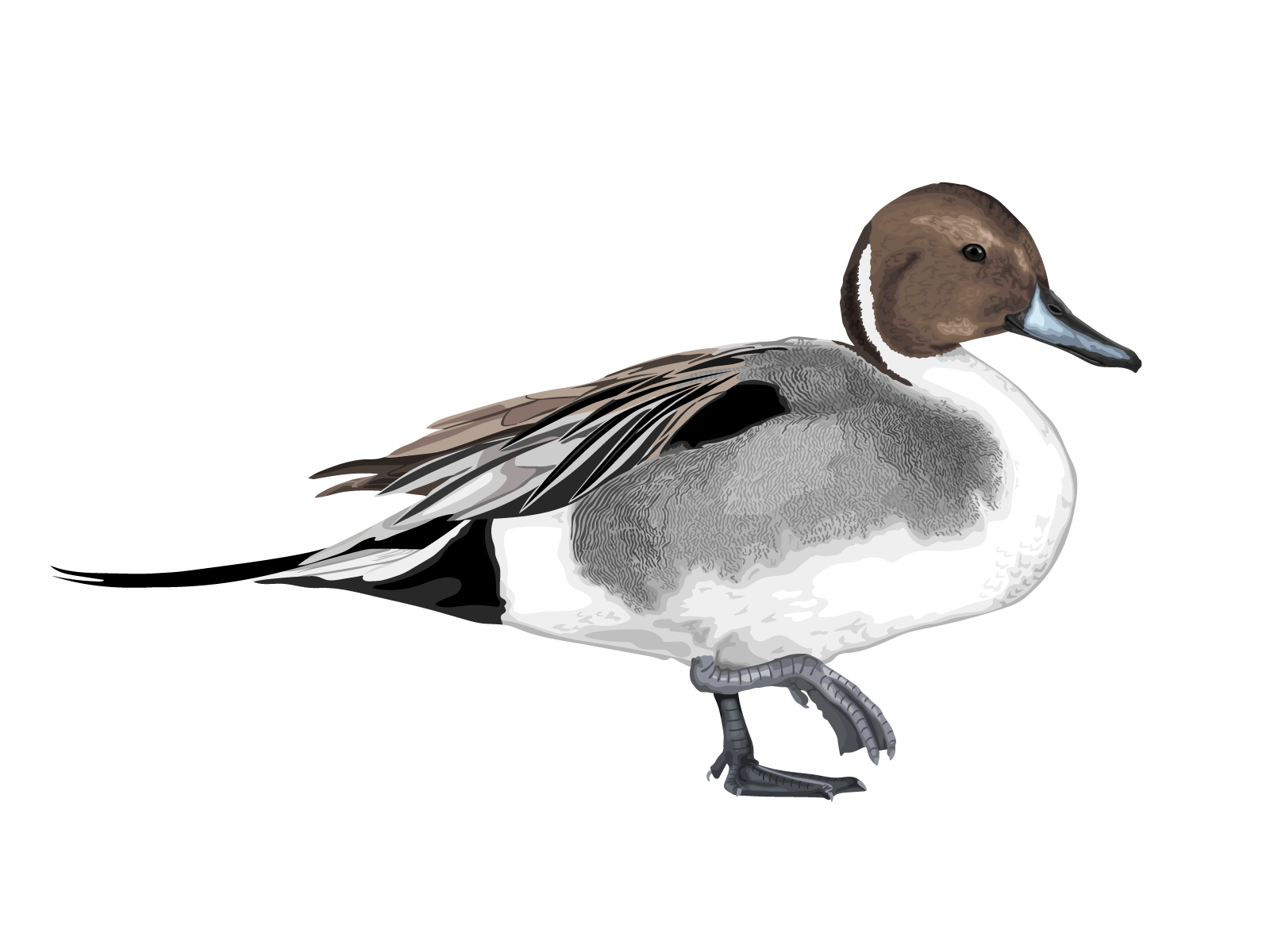//users/fb083616-ca55-45ee-a61c-9700f866e00d/ratecard/image31.png)
%2Ffit-in%2F300x300%2Fusers%2Ffb083616-ca55-45ee-a61c-9700f866e00d%2Fratecard%2Fimage31.png&w=256&q=75)
%2F300x300%2Fusers%2Ffb083616-ca55-45ee-a61c-9700f866e00d%2Fimages%2Fredfish-angler-ingleside-2721.jpg&w=256&q=75)
%2F300x300%2Fusers%2Ffb083616-ca55-45ee-a61c-9700f866e00d%2Fimages%2Fredfish-catch-texas-2660.jpg&w=256&q=75)
%2F300x300%2Fusers%2Ffb083616-ca55-45ee-a61c-9700f866e00d%2Fimages%2Fredfish-caught-ingleside-texas-2732.jpg&w=256&q=75)
%2F300x300%2Fusers%2Ffb083616-ca55-45ee-a61c-9700f866e00d%2Fimages%2Fredfish-bluefish-ingleside-2828.jpg&w=256&q=75)
%2F300x300%2Fusers%2Ffb083616-ca55-45ee-a61c-9700f866e00d%2Fimages%2Ffisherman-ingleside-catch-2713.jpg&w=256&q=75)
%2F300x300%2Fusers%2Ffb083616-ca55-45ee-a61c-9700f866e00d%2Fimages%2Fspotted-weakfish-fishing-ingleside-2755.jpg&w=256&q=75)
%2F300x300%2Fusers%2Ffb083616-ca55-45ee-a61c-9700f866e00d%2Fimages%2Fabundant-catches-lone-star-state-2935.jpg&w=256&q=75)
%2F300x300%2Fusers%2Ffb083616-ca55-45ee-a61c-9700f866e00d%2Fimages%2Fredfish-ingleside-tx-2693.jpg&w=256&q=75)
%2F300x300%2Fusers%2Ffb083616-ca55-45ee-a61c-9700f866e00d%2Fimages%2Fingleside-redfish-catch-2694.jpg&w=256&q=75)
%2F300x300%2Fusers%2Ffb083616-ca55-45ee-a61c-9700f866e00d%2Fimages%2F5-spotted-weakfish-caught-tx-2775.jpg&w=256&q=75)
Top-Rated Duck Hunting on Texas Gulf Coast
What you will be catching:
 Bufflehead
Bufflehead Northern Pintail
Northern Pintail
Trip Pricing and Availabilities :
No trip pricing information available at this time.
Dawn Patrol: Half-Day Duck Hunting in Corpus Christi
Ready to get your waders wet and your shotgun loaded? Captain Brian's got just the ticket for waterfowl enthusiasts looking to bag some birds along the Texas Gulf Coast. This half-day duck hunting trip in Corpus Christi puts you right in the thick of prime waterfowl territory. Whether you're a seasoned hunter or just getting your feet wet, you'll have a shot at diverse species like Red Pintails, Widgeon, Blue Bills, and Ruffle Heads. It's time to trade your alarm clock for a duck call and experience some of the best hunting the Lone Star State has to offer.
Inside the Hunt
Picture this: You're hunkered down in a blind as the first light of dawn breaks over the marshes. The sound of wings cutting through the crisp morning air gets your heart pumping. That's what you're in for on this action-packed duck hunting adventure. Captain Brian knows these waters like the back of his hand, and he'll put you in prime position for when the birds start flying. You'll be wading through shallow waters, setting up decoys, and waiting for that perfect moment when the ducks commit to your spread. It's not just about pulling the trigger – it's about reading the wind, understanding flight patterns, and becoming one with the wetlands. Bring your A-game and your own gear, because once those birds start dropping, you'll want to be ready for anything.
Tracking Tips & Terrain
The Texas Gulf Coast isn't your average hunting ground – it's a waterfowler's paradise. You'll be navigating through a mix of vast marshes and open waters, each offering its own set of challenges and opportunities. Captain Brian will school you on the lay of the land, showing you how to use the natural cover to your advantage. You might find yourself tucked into a grass-lined point or set up along a hidden cove. The key is adaptability. One minute you could be calling in a flock of pintails, the next you're adjusting your position for incoming bluebills. Don't forget your waders and waterproof gear – you're gonna get wet, but that's half the fun. And keep your eyes peeled; sometimes the best shots come when you least expect them.
Target Game Breakdown
Let's talk ducks. This trip focuses on two prize catches: the Northern Pintail and the Bufflehead. These aren't your backyard mallards – these are the head-turners of the waterfowl world.
Northern Pintails, or "sprigs" as the old-timers call 'em, are the long-necked elegants of the duck world. Males sport that distinctive pointed tail that gives them their name. These birds are fast, agile, and known for their wary nature. They're early migrants, so you'll see them in good numbers from October through December. Pintails prefer shallow waters where they can tip up to feed on aquatic plants and invertebrates. When you see a group of these beauties cupping their wings to land, it's a sight you won't forget.
Now, onto the Bufflehead – or "butterballs" if you're feeling cheeky. Don't let their small size fool you; these compact ducks are a blast to hunt. They're late arrivals, usually showing up in November and sticking around through February. Buffleheads are diving ducks, so you'll often spot them in deeper waters near the coast. They're quick on the wing and have a habit of popping up when you least expect it. Their iridescent heads make them stand out, especially on a sunny day. Bagging a limit of these little speedsters is a real feather in your cap.
Why Hunters Keep Coming Back
It's not just about filling your bag limit – though that's certainly part of the appeal. Hunters who've been out with Captain Brian rave about the whole package. It's the way the coastal fog lifts as you're setting up. It's the rush of calling in a flock and watching them commit. It's swapping stories over a thermos of coffee between volleys. And let's be honest, it's also about the bragging rights when you bring home a mixed bag of beautifully plumed ducks. Every trip is different, and that's what keeps folks coming back season after season. Whether you're looking to introduce a newcomer to the sport or you're a grizzled veteran chasing that perfect hunt, this half-day trip hits the sweet spot.
What to Pack for Your Hunt
Alright, let's talk gear. This isn't a "show up and shoot" kind of deal – you'll need to come prepared. First things first: your shotgun. A 12-gauge is standard, but if you prefer a 20, that'll work too. Make sure you've got steel shot loads appropriate for ducks – no lead allowed here, folks. Waders are a must unless you fancy a cold, wet morning (trust me, you don't). Bring a good pair of waterproof gloves and layer up – the weather can turn on a dime out here. Don't forget your hunting license and duck stamps – Captain Brian's not about to risk his guide license for anyone who forgets the paperwork. A good pair of binoculars can be handy for spotting incoming flocks, and if you've got a favorite duck call, bring it along. Oh, and pack some snacks and water – nothing works up an appetite like a morning in the blind.
Local Know-How
Now, let me let you in on a little local knowledge. The Corpus Christi area is smack in the middle of the Central Flyway, which means we get a mix of ducks you won't find just anywhere. Keep an eye out for "Texas ducks" – that's what we call the mottled ducks that stick around all year. They're crafty and can be a real challenge to bag. If you're lucky, you might even see some black-bellied whistling ducks. They're not your typical quarry, but they make for a great story. And here's a tip: pay attention to the wind. A north wind after a cold front can push in new birds and make for some fantastic hunting. Captain Brian's always got his ear to the ground for the latest migration reports, so don't be shy about asking what's been flying through lately.
Conservation Chat
Let's take a minute to talk conservation. It's not just about following bag limits – though that's crucial. The wetlands around Corpus Christi are vital habitat for these birds, and responsible hunting plays a big role in preserving them. Every duck stamp you buy goes directly towards protecting waterfowl habitat. Captain Brian's a stickler for ethical hunting practices, and he'll make sure you're not just taking from the land, but giving back too. It's about respect for the resource and ensuring there are ducks for future generations to hunt. So when you're out there, take a moment to appreciate the ecosystem that makes this all possible. It's not just a hunting trip – it's a chance to be part of something bigger.
Book Your Next Tag
If your trigger finger's itching and you're already imagining the smell of gunpowder in the morning air, it's time to lock in your spot. Remember, this is a half-day trip, so it's perfect for squeezing in some quality hunting without eating up your whole day. Captain Brian's calendar fills up fast, especially during peak season, so don't wait to book. Bring a buddy – the boat's set up for two hunters, which means more eyes on the sky and someone to high-five when you make that perfect shot. Just keep in mind that deposits are non-refundable, so check the Trips & Rates page and make sure you're good to go before you commit. Trust me, once you've experienced a morning of duck hunting on the Texas Gulf Coast, you'll be planning your next trip before the gun oil's dry. So what are you waiting for? Grab your gear, call Captain Brian, and get ready for some world-class waterfowling. The ducks are waiting – are you?
Learn more about the animals
Bufflehead
Buffleheads are small, compact ducks that pack a lot of character into a tiny package. These little speedsters are a blast to hunt, zipping around at low altitudes over coastal bays and estuaries. You'll often spot them in small groups, diving for aquatic insects and crustaceans in shallow waters. Buffleheads are late arrivals, showing up in Corpus Christi waters from November through March. They're not the easiest to bring down due to their small size and quick movements, which makes them a rewarding challenge for hunters. Look for them near the edges of marshes or in protected coves. They prefer areas with some cover nearby, so set up where there's a mix of open water and vegetation. Buffleheads are suckers for decoy spreads that mimic their tight grouping behavior. A local trick is to use mostly hen decoys with just a couple of drakes - this setup can be irresistible to passing flocks. When you're out there, keep an eye on the weather. Buffleheads tend to be more active on calm, clear days. Their meat isn't as prized as some other ducks, but they make up for it with the exciting hunt they provide.

Northern Pintail
Northern Pintails are elegant ducks, known for their long, slender necks and pointed tails. These fast flyers prefer shallow waters in marshes and coastal areas. During fall and winter, they're common sights in Corpus Christi, often hanging out in mixed flocks. Pintails are wary birds, so staying hidden is key. They respond well to decoy spreads, especially when you mix in some wigeon decoys. Their meat is top-notch, making them a favorite among hunters. For best results, scout areas with submerged vegetation where pintails feed. They're most active at dawn and dusk, so plan your hunt accordingly. Listen for their soft, whistling calls - it's a dead giveaway. When setting up, remember pintails like open water with good visibility. A tip from the locals: use a jerk cord on your decoys to create ripples. This movement can be the difference between pintails passing by or coming in for a closer look. Just remember, these birds are smart and quick, so be ready for fast action when they commit to your spread.

%2Ffit-in%2F250x250%2Fguide_websites%2F589%2Fimages%2Faggie_guide_service-04.png&w=1200&q=100)


%2Ffilters%3Aformat(webp)%2Fusers%2Ffb083616-ca55-45ee-a61c-9700f866e00d%2Fimages%2Fabundant-catches-lone-star-state-2935.jpg&w=768&q=75)
%2Ffilters%3Aformat(webp)%2Fusers%2Ffb083616-ca55-45ee-a61c-9700f866e00d%2Fimages%2Fredfish-ingleside-tx-2693.jpg&w=768&q=75)
%2Ffilters%3Aformat(webp)%2Fusers%2Ffb083616-ca55-45ee-a61c-9700f866e00d%2Fimages%2Fingleside-redfish-catch-2694.jpg&w=768&q=75)
%2Ffilters%3Aformat(webp)%2Fusers%2Ffb083616-ca55-45ee-a61c-9700f866e00d%2Fimages%2F5-spotted-weakfish-caught-tx-2775.jpg&w=768&q=75)
%2Ffilters%3Aformat(webp)%2Fusers%2Ffb083616-ca55-45ee-a61c-9700f866e00d%2Fimages%2Fredfish-angler-ingleside-2721.jpg&w=768&q=75)
%2Ffilters%3Aformat(webp)%2Fusers%2Ffb083616-ca55-45ee-a61c-9700f866e00d%2Fimages%2Fredfish-catch-texas-2660.jpg&w=768&q=75)
%2Ffilters%3Aformat(webp)%2Fusers%2Ffb083616-ca55-45ee-a61c-9700f866e00d%2Fimages%2Fredfish-caught-ingleside-texas-2732.jpg&w=768&q=75)
%2Ffilters%3Aformat(webp)%2Fusers%2Ffb083616-ca55-45ee-a61c-9700f866e00d%2Fimages%2Fredfish-bluefish-ingleside-2828.jpg&w=768&q=75)
%2Ffilters%3Aformat(webp)%2Fusers%2Ffb083616-ca55-45ee-a61c-9700f866e00d%2Fimages%2Ffisherman-ingleside-catch-2713.jpg&w=768&q=75)
%2Ffilters%3Aformat(webp)%2Fusers%2Ffb083616-ca55-45ee-a61c-9700f866e00d%2Fimages%2Fspotted-weakfish-fishing-ingleside-2755.jpg&w=768&q=75)
